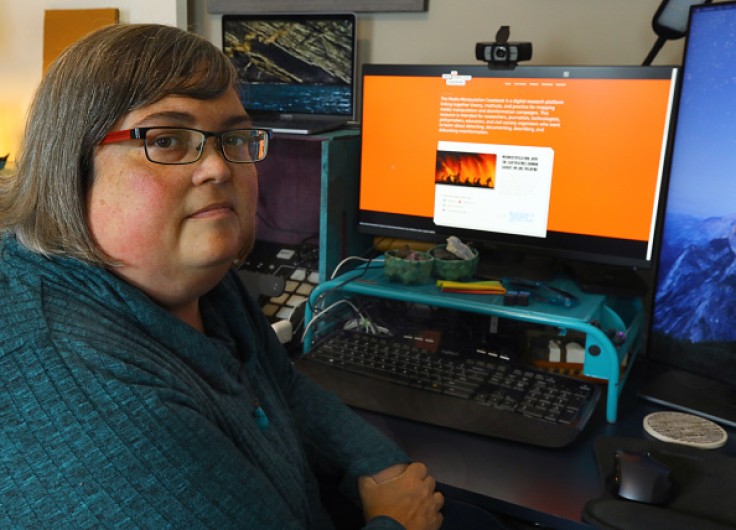Meta has always been associated with misinformation due to its social media platforms being used to spread fake news. The ones who point those out are the misinformation experts such as Joan Donovan. However, the university she works for may have chosen to stay in Meta's good graces instead of supporting her.

Misinformation Expert Says She Was Fired
Misinformation has become more rampant nowadays and can cause all kinds of trouble if left unchecked. Several people have conducted meaningful research to look into the matter and raise awareness, but some may not have the resources to continue their work.
Such a thing happened to Joan Donovan, who was employed at Harvard University. She was known for the papers she published, which were 22,000 pages long, that exposed the practices within Facebook when dealing with misinformation.
According to Donovan, Harvard employees started treating her negatively after that. Her funding was even cut off, which resulted in her not being able to hire assistants. She expressed that her right to free speech has been "abrogated," as reported by The Guardian.
The Facebook papers were internal documents exposed by a former Facebook employee and whistleblower, Frances Haugen. Donovan even published the findings on Harvard's website so that anyone can have access to them.
It was only last year when the university informed her that her project could no longer be continued, but it was only this year when the misinformation expert lost her job. What's intriguing is that the school is set to receive $500 million from Meta CEO Mark Zuckerberg's charity.
It was also around the time when the university was receiving the donation that Donovan's funding was cut off. Naturally, Harvard Kennedy School, where she used to work, denied the claims and out a new narrative forward.
The school clarified that she was never fired in the first place and that her leaving had nothing to do with the school's affiliation with Mark Zuckerberg. It was mentioned that Donovan was offered the position as a part-time adjunct lecturer, and she chose to pass on the opportunity.
Donovan stated that there are a "handful of tried and true means to coerce someone or some entity to do something they would not otherwise do, and influence through financial compensation is at or near the top of the list," referring to the $500 million.
Meta's Misinformation Problem
Institute for Data, Democracy and Politics Director at George Washington University, Rebekah Tromble, said that "despite a variety of mitigation efforts, misinformation has found a comfortable home and an engaged audience on Facebook."
A study by a group of researchers showed that between August 2020 and January 2021, news outlets that were unreliable got six times more engagement than credible sources like CNN of the World Health Organization, as reported by The Washington Post.
Facebook spokesperson Jow Osborne responded to the claim, saying that the report mostly looks at how people engage with content, which should not be confused with how many people actually see it on Facebook.










